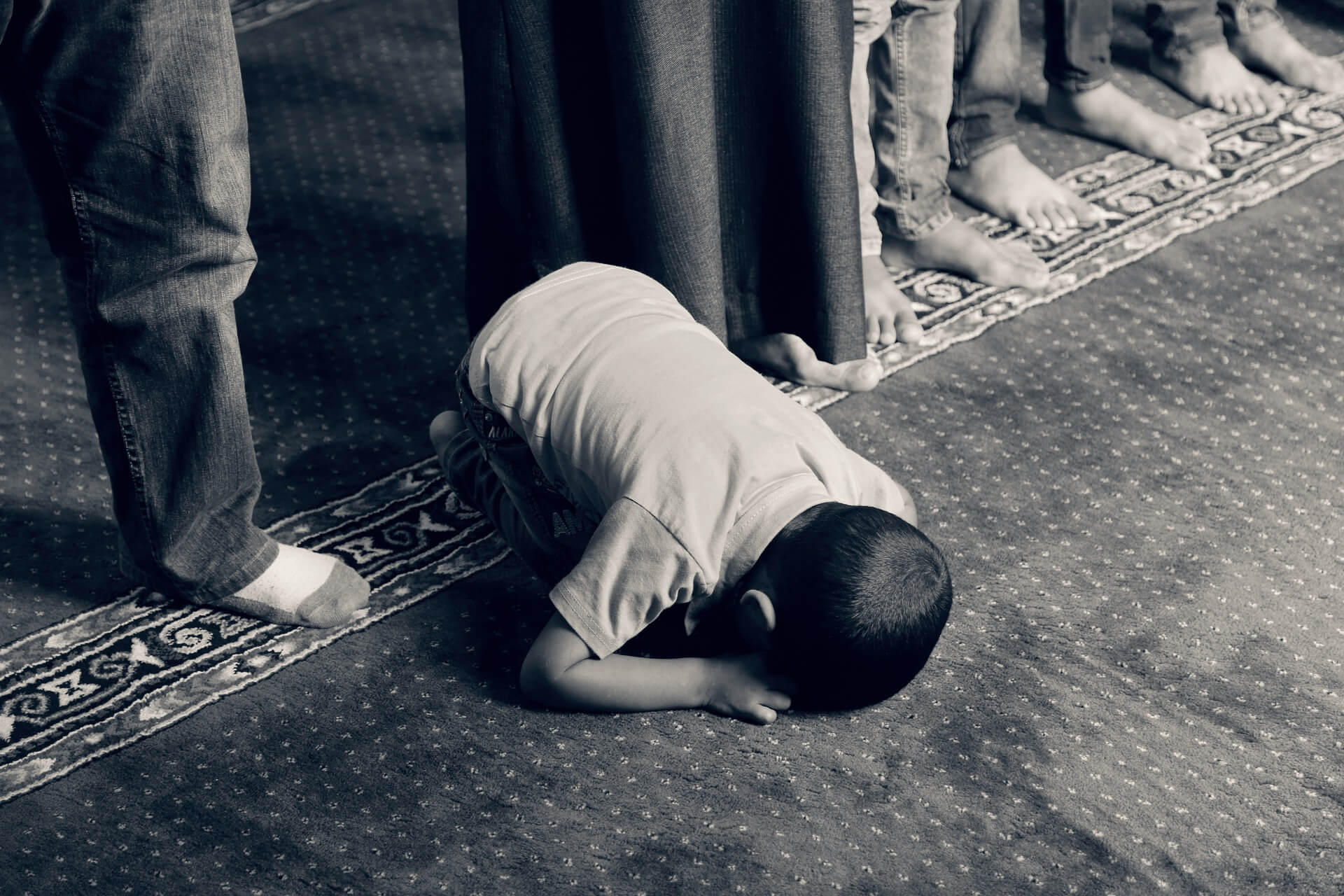Mercy plays a significant role in Islam, shaping Muslims’ ethical and religious frameworks. In Islam, apart from attributing mercy to Allah (SWT), it also extends to the life and teachings of Prophet Muhammad (Peace be Upon Him). Mercy encompasses empathy, forgiveness, kindness, and compassion towards all creation, including humans, animals, and the environment. To learn more about the concept of mercy in Islam, read on.
Mercy as an Attribute of Allah (SWT)
Mercy is an essential fundamental attribute of Allah (SWT) in Islam. This intrinsic characteristic highlights Allah’s (SWT) compassion and benevolence towards his creation. The concept of Rahmah, or mercy, is deeply rooted in Islamic theology, emphasizing God’s encompassing and boundless mercy that extends to all aspects of life.
The Holy Quran and Hadith provide several examples highlighting God’s mercy. Verses in the Holy Quran describe God as the most merciful, the true source of endless compassion, and constantly highlight his guidance and forgiveness towards those that repent. Similarly, the Hadith depict many instances where the Prophet Muhammad (Peace be Upon Him) described the compassionate nature of Allah (SWT), encouraging believers to seek and reflect on this attribute in their lives.
Through the divine teachings of the Holy Quran and Hadith, Muslims are inspired to seek mercy from Allah (SWT) to navigate this world for the eternal hereafter easily.
Mercy Shown by the Prophet Muhammad (Peace be Upon Him)
The life of Prophet Muhammad (Peace be Upon Him) is yet another example of mercy in Islam. The very existence of the final messenger of God is a mercy to humanity.
Prophet Muhammad (Peace be Upon Him) demonstrated patience and mercy through various acts of forgiveness and kindness towards individuals and communities. He showed great compassion for the poor, the marginalized, and the orphans, fostering a sense of inclusivity and social justice.
The Prophet’s teachings emphasized the importance of mercy and compassion as an essential part of faith. He encouraged believers to treat others with the utmost kindness, forgive those who wronged them, and extend mercy even when faced with hostility.
The life and teachings of Prophet Muhammad (Peace be Upon Him) inspire people today, encouraging them to emulate his compassion and mercy in their dealings with others, fostering long-lasting relationships, and creating a sense of unity within communities.
Mercy towards Creation
It is worth noting Islam does not restrict mercy to human beings but also encourages care and compassion towards animals and the environment.
Kindness, empathy, and forgiveness are vital virtues when interacting with others and promote harmony while fostering a sense of compassion within societies. Islam also illustrates the significance of family relationships using the concept of Rahm, meaning womb.
The words Rahim and Rahm are closely connected because Allah’s mercy surrounds, protects, and nurtures everyone like a mother’s womb. At the same time, the concept of Rahm underscores the importance of maintaining close bonds and showing mercy within family units.
Islamic teachings also emphasize the ethical treatment of animals, forbidding cruelty and promoting their welfare. The concept of Hima, meaning protected area, extends this mercy towards the environment. Muslims are encouraged to be responsible for their environment and utilize natural resources sparingly.
By promoting mercy towards humanity, animals, and the environment, Islam promotes a holistic approach to mercy and compassion, fostering a sense of harmony and responsibility within the broader ecosystem.
Mercy in Islamic Law and Justice
Regarding Islamic law and justice, mercy plays a vital role. Mercy is intertwined with the concept of Adl, meaning justice, and Rahmah, meaning mercy.
While justice is a fundamental principle, mercy serves as a guiding force, moderating the application of the law with forgiveness and compassion. Islamic legal principles and practices reflect mercy, focusing on rehabilitating and reforming individuals rather than taking strict punitive measures. Some examples include emphasizing reconciliation and mediation to resolve disputes, encouraging forgiveness and pardoning, and the existence of lenience in some cases.
Islamic criminal law aims to balance justice and mercy, considering factors like intent, circumstances, and potential for rehabilitation when analyzing cases. This approach recognizes the value of mercy to facilitate personal growth and create harmony in societies within Islamic law and justice.
Mercy as a Personal Virtue
Cultivating mercy within oneself is an integral part of Islamic teachings. Nurturing compassion, kindness, and forgiveness towards others is pivotal in personal relationships and interactions, fostering understanding and empathy. It also encourages individuals to prioritize reconciliation and prioritizing the well-being of others, thus leading to stronger bonds and healthier communities. The power of mercy goes beyond personal relationships and has the potential to impact society as a whole positively.
By embracing mercy, individuals can contribute towards a just and compassionate society, promoting healing divisions, social cohesion, and positive change.
All in all, the concept of mercy holds immense value in Islam. Mercy is not only an attribute of Allah (SWT), but it took form in the life and teachings of Prophet Muhammad (Peace be Upon Him), permeating every aspect of the faith.
Mercy encompasses empathy, forgiveness, and kindness towards humans, animals, and the environment. It also influences Islamic law and justice, balancing the principles of Adl and Rahmah. Moreover, cultivating mercy within oneself and applying it in all aspects of life has the transformative power that can foster unity, harmony, and societal well-being. For these reasons and plenty of others, embracing the concept of mercy is not just a religious obligation but a pathway to a compassionate and just world.

